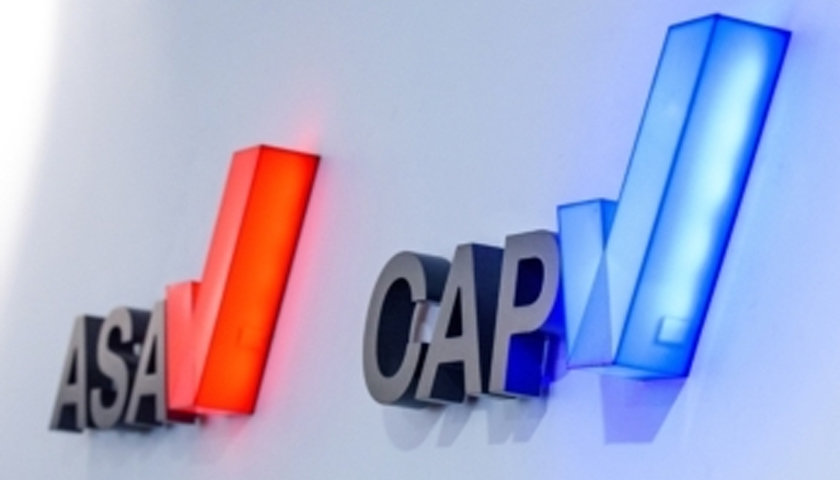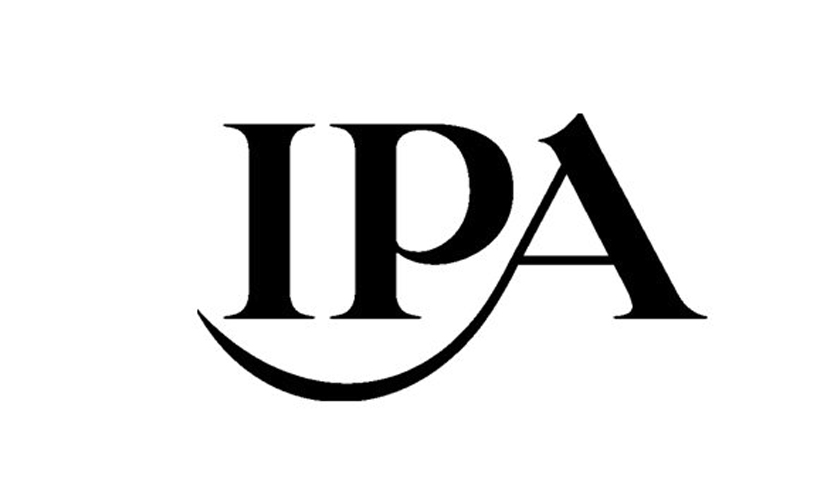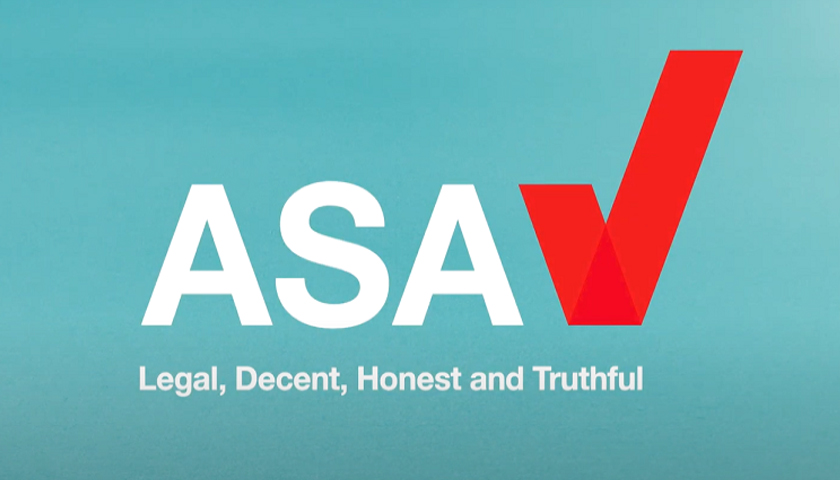The ASA/CAP have released a post called: Sun, Sea and…Surgery? – Advice for cosmetic surgery tourism ads. I have enclosed the text of the link below, but please have a look at the ASA/CAP site as there are lots of things of interest to anyone with an interest in Ethical Marketing.
There are many factors to consider when contemplating cosmetic interventions, such as medical and personal factors. However, another important aspect for many people is the price. In these times, it is perhaps no wonder that consumers are looking for alternatives to traditional Harley Street-style procedures, and increasingly clinics are offering UK consumers cheaper options abroad. But it’s not all smiles… pin back your ears and listen (or read!) to how two clinics based abroad have recently crossed the fine line of the CAP Code.
Talking Turkey
Recently, the ASA investigated whether an ad on Facebook for a “Health and vacation together” in Turkey was irresponsible. The ad, which proffered a “Summer sale” and an “all-inclusive package” also included a “luxury hotel, VIP transfer, and lifetime online support” and referenced a separate package, called a “mommy makeover”, which consisted of a tummy tuck, breast surgery and liposuction. The ASA considered five points overall, including whether the ad trivialised surgery, whether the term “Summer sale” pressured customers into purchasing surgery, and whether the term “mommy makeover” exploited new mothers’ insecurities around body image.
On the trivialisation point, the ASA considered that the ad focussed much more on the “holiday” aspect rather than the surgery, referring to the product as a “vacation” and focussing on transfers, hotels etc. Ultimately, the ASA found that the ad was in breach of the Code, by (amongst other things) detracting from the seriousness of surgery and thereby trivialising the decision to have it.
The second case study concerns a story on Instagram, also for surgery in Turkey. The ad referenced a “NEW YEAR CAMPAIGN” for a “Brazilian butt lift” and “360 liposuction” that was “€ All Inclusive 2400”, and featured a hotel emoji, an ambulance emoji, and an Istanbul location icon, with very little information about the actual package.
Once again, the ASA considered (amongst other points) whether the ad trivialised the decision to have surgery. When reaching their decision, the ASA considered that the ad had a festive and upbeat feel to it, and the visuals and wording focussed on the “feel good” element of physical transformation, which they thought was likely to detract from the seriousness of surgery. The ASA ruled that the ad put cosmetic surgery in a purely positive light and suggested that the decision could be undertaken as lightly as a New Year’s Resolution or holiday. Ultimately, all three complaint points were upheld.
Definitely not all inclusive…
It is interesting that in both cases, the advertisers failed to include information about the need for a pre-consultation to assess any potential contraindications and general suitability for patients. In their assessment, the ASA highlighted that both ads offered services abroad rather than in the UK, and that this raised the potential for additional risks such as whether the doctors and treatment providers would have the same standards of care and safety as in the UK, and how any arrangements for follow-up care and dealing with any complications would be managed.
It is important to note that the ASA would never go as far as to comment on a product or service itself, nor would they expect advertisers to list every step of the process, or potential complication from surgery. However, the lack of pre-consultation information in the ad, which the ASA considered was material information (especially given the procedures were abroad) added to a general impression of trivialisation. The decision to have surgery or other invasive cosmetic interventions should never be taken lightly, and ads should include all necessary material information to ensure responsible advertising.
Sale away
The CAP Code does not prohibit promotional marketing in this sector – cosmetic surgery advertisers are allowed to offer discounts and even sales on their products and services, whether abroad or in the UK.
That said, marketers in this area should be cautious with their marketing and avoid anything that could take advantage of people, (especially vulnerable groups), pressure customers with time-limited offers, or shift focus onto ancillary aspects, such as hotel stays or flights, rather than the surgery or intervention itself. Advertisers should also bear in mind the invasiveness of their procedure could also make a difference to acceptability – the more invasive the procedure, the less trivial and flippant the ad should be.
It is also worth noting that, in both cases above, the ASA focussed on the misleading and social responsibility elements, rather than, for instance, offensiveness (i.e., “mommy makeover”). The harm and irresponsibility aspects took precedent in these instances, but the Copy Advice team often sees ads for procedures abroad paired with flippant or tongue-in-cheek imagery. Imagery, wording, and even things like emojis can make a difference to the overall acceptability of an ad, and once again, picking a certain image or phrase can undermine the seriousness of a cosmetic surgery ad, and thereby increase the risk of it being considered irresponsible.
If you’re looking for more information on this topic, you should find our guidance on Cosmetic Surgery and Cosmetic Interventions: Social Responsibility useful and free and confidential advice on non-broadcast campaigns is available by contacting the CAP Copy Advice team.



